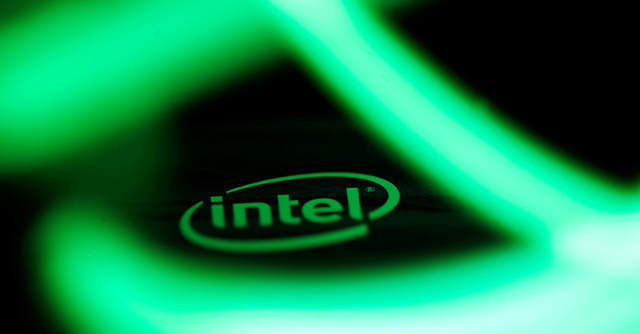
Intel, CBSE to bring AI to 22,000 schools by year-end


Santa Clara, California headquartered chipmaker Intel has signed a memorandum of understanding (MoU) with the Central Board of Secondary Education (CBSE) to introduce artificial intelligence (AI) in school curriculums.
Under the partnership, the New Delhi-based national education board will roll out an AI curriculum framework for classes 8, 9 and 10 in 22,000 schools in the country’s north and northeastern states, with the aim to empower 1,00,000 students by the end of the year.
The programme was piloted in eight schools last year to train students on social impact-focused AI projects. The curriculum is based on Intel AI For Youth, an immersive, hands-on learning programme that uses experiential methodologies covering both social and technological skills, the company said in a statement.

“AI has become a strategic imperative for worldwide economic growth and will continue to be one of the most crucial technologies of the future. Given its impact, there is a need for coordinated efforts by academic institutions and the industry to address the gap between the demand and supply of AI-related skills,” Shweta Khurana, director of programs, partnerships and policy group at Intel India, said.
Additionally, CBSE and Intel, along with Kendriya Vidyalaya Sangathan, will set up an AI skills lab in New Delhi’s Dr Rajendra Prasad Kendriya Vidyalaya to teach students basic skills in the emerging technology with experiential hands-on learning sessions.
The MoU also states that a national AI olympiad will be launched to motivate students to showcase social impact solutions.

"It is critical to empower India’s young population and equip them with the skill set and mindset required for AI-readiness and democratise access to AI tools. Our collaboration with CBSE is a meaningful step towards enabling our youth to become digitally-empowered and effectively utilise emerging technologies such as AI to solve pressing local and global challenges,” Khurana added.
The AI skill crisis is recognised as the biggest barrier for wider adoption and growth of the technology, the statement said.
With the help of the Intel AI For Youth programme, students have come up with several use cases such as digitising hand-written complaints using natural language processing, a tracking system for school bus drivers to keep a tab on their speeding habits and the frequency of sudden halts, an AI-powered voice-enabled chatbot equipped and trained to answer queries at schools and a personalised AI library assistant that suggests books to students based on their past reading history.

